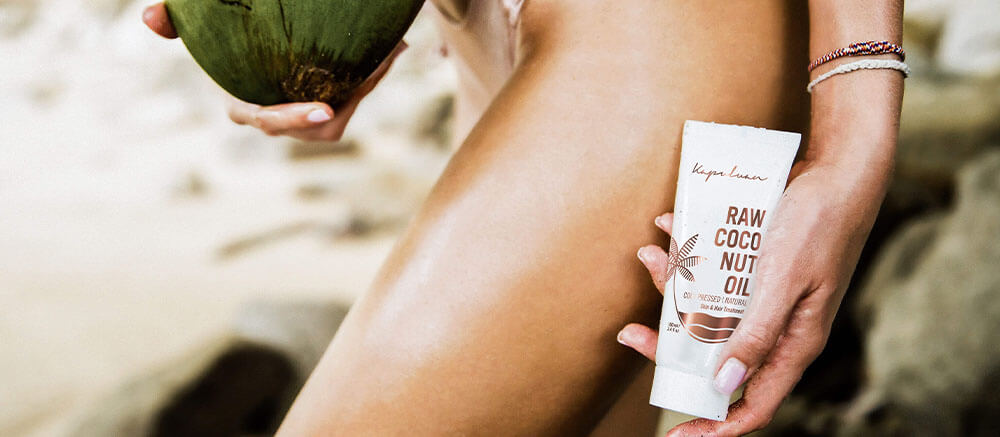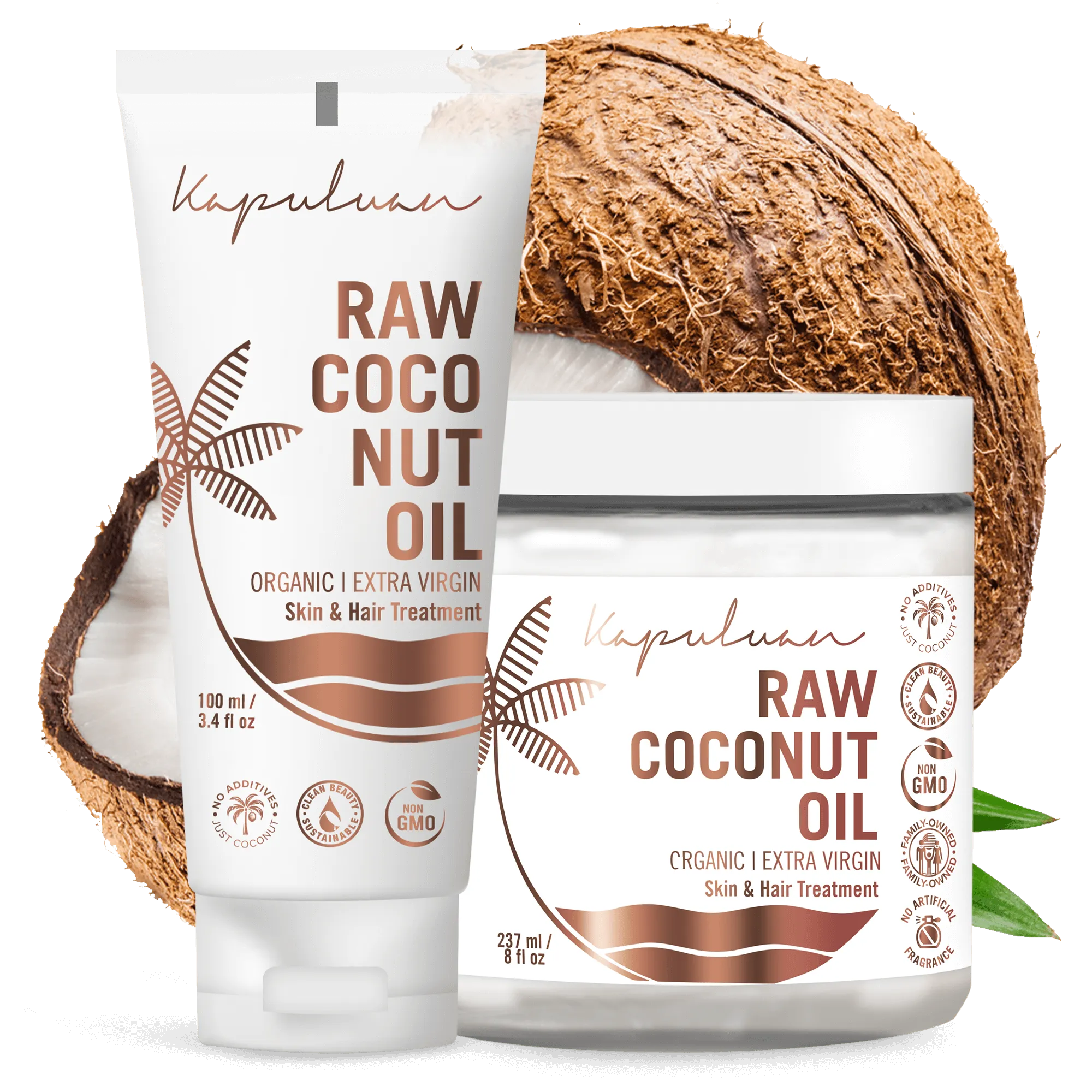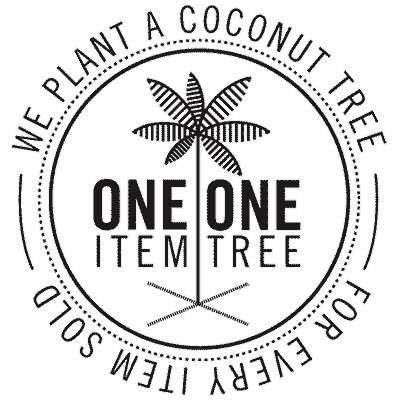Last Updated on October 21, 2024 by Kapuluan

Coconut oil has been rightly touted as the Swiss army knife of health and personal care – it is suitable for almost everything!
However, if you are not using high-quality Raw Organic Coconut Oil containing all the essential nutrients, you might as well not use it.
I get it. It might be tempting to grab one of those bathtub-sized tubs of coconut oil to slather on your skin, especially when high-quality coconut oil is pricey compared to your typical (toxic) moisturizing lotion.
But it would be best if you were careful about what coconut oil to use on your skin as there are several good reasons to pay attention to the labels when selecting a coconut oil that is good for your face and is suitable for your skin as a moisturizer:
1. Organic: Organic coconut oil means the coconuts are sourced from a coconut farm with certified organic soil and don’t use pesticides. Besides the fact that pesticides kill and poison all types of bugs in these fragile tropical climates – not just the palm tree pests – you don’t want to put pesticides on your skin, which absorbs whatever you put directly into your bloodstream. (Think about birth control or nicotine patches. They effectively deliver their substances into your bloodstream like taking a pill.) Organic coconut oil production also prohibits using the chemical hexane in extraction, another benefit. When using coconut oil for your face or skin, choose something pure!
2. Virgin: Virgin coconut oil is made from fresh coconut. Refined coconut oil is made from dried (cooked) coconut, called copra. The main difference between these two is that virgin retains a pleasant, tropical coconut smell while retaining all the many nutrients that can benefit your skin, such as vitamin E and antioxidants. That makes virgin coconut oil better for moisturizing your face and skin. In addition, it is pure, natural, and unprocessed. Because copra yields brown, contaminated coconut oil, this oil must be refined, bleached, and deodorized, often using chemicals. This oil is used in most soaps and personal care products as “cocos nucifera” or “coconut oil. No thanks. However! Many brands use the term Virgin, or Extra Virgin, which are just marketing terms. More important is the extraction form and whether heat is applied during processing.
3. Cold-pressed: If you’re going to use coconut oil as a moisturizer, you want it to be raw, and packed with as many nutrients as possible. But when heat is applied to raw material, whether fruit, vegetables, or coconut oil, it essentially breaks down the product’s composition. You could think about it in terms of your dinner: Your kale or quinoa goes wrong a lot faster than when it’s in its raw form. Similarly, when you cut an apple and leave it exposed to air, it oxidizes and goes brown. Coconut is no different; the oxidizing process begins once it has been cut open. Therefore, coconuts should be processed quickly and unheated. During processing, if heat is applied to extract the oil (which is the standard way to do it), the coconut is cooked and subsequently broken down; and the nutrients and overall composition are destroyed.

Kapuluan’s hand-pressed, small-batch coconut oil is made from the freshest coconuts from small family farms in the Philippines without using sizeable industrialized equipment. By avoiding heat, Kapuluan can produce the finest quality coconut oil.
The coconuts are cleaned with purified water, not chemicals, bleaches, chlorine, or other toxic chemicals. All the coconuts are inspected, and any spoiled coconuts are removed. All these make Kapuluan, which comes in a pretty tube that makes it easy to apply to your skin, the best beauty choice!



